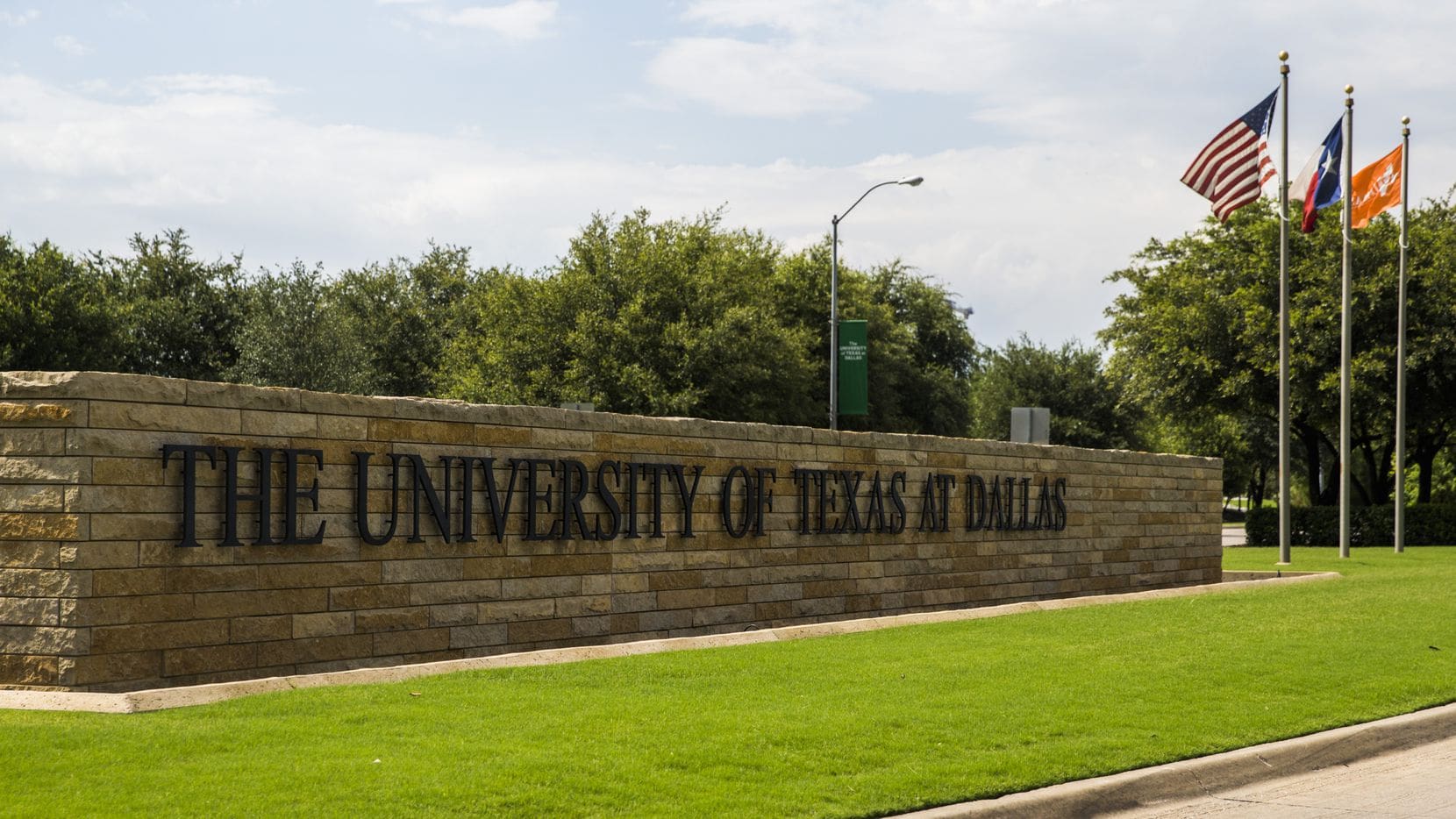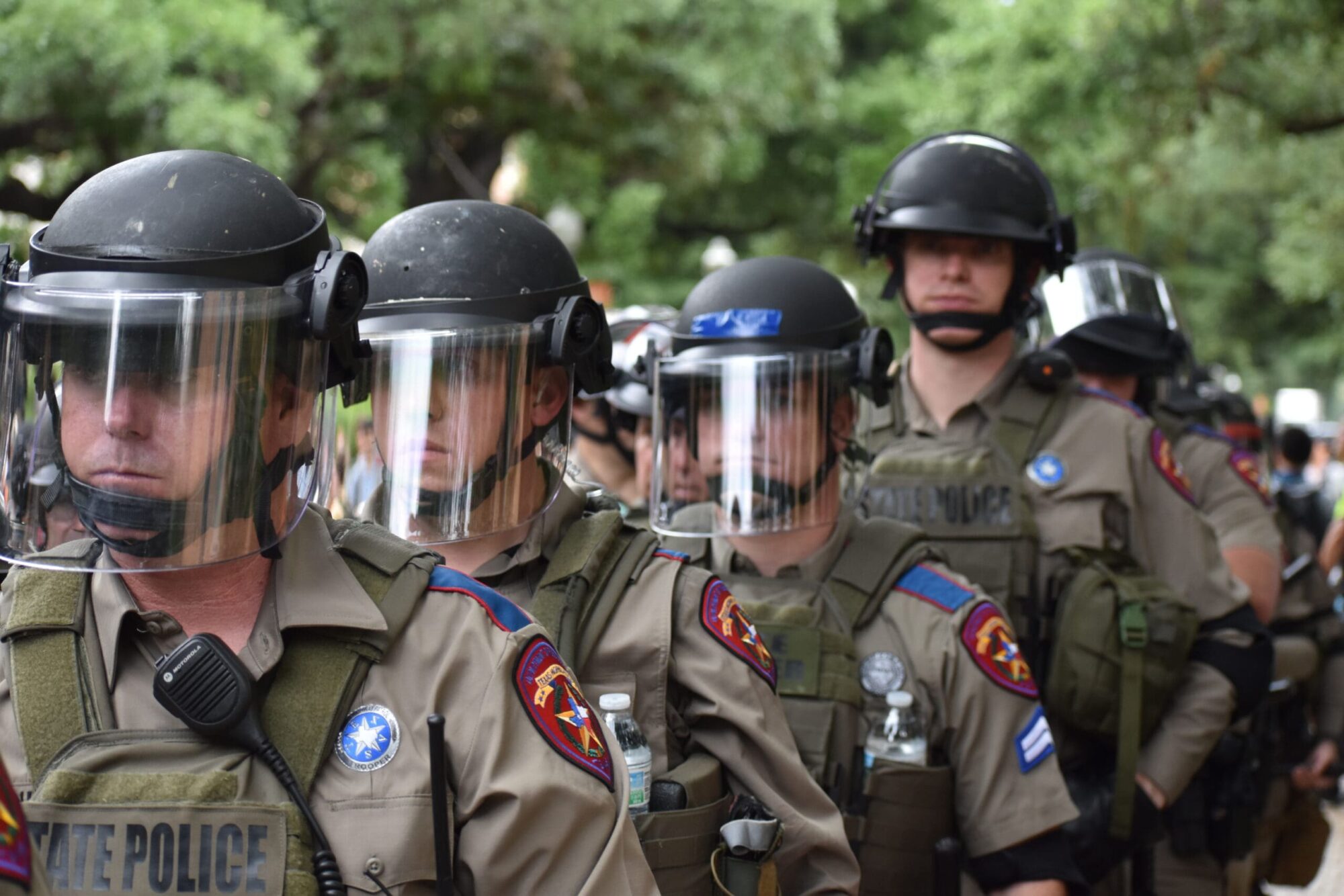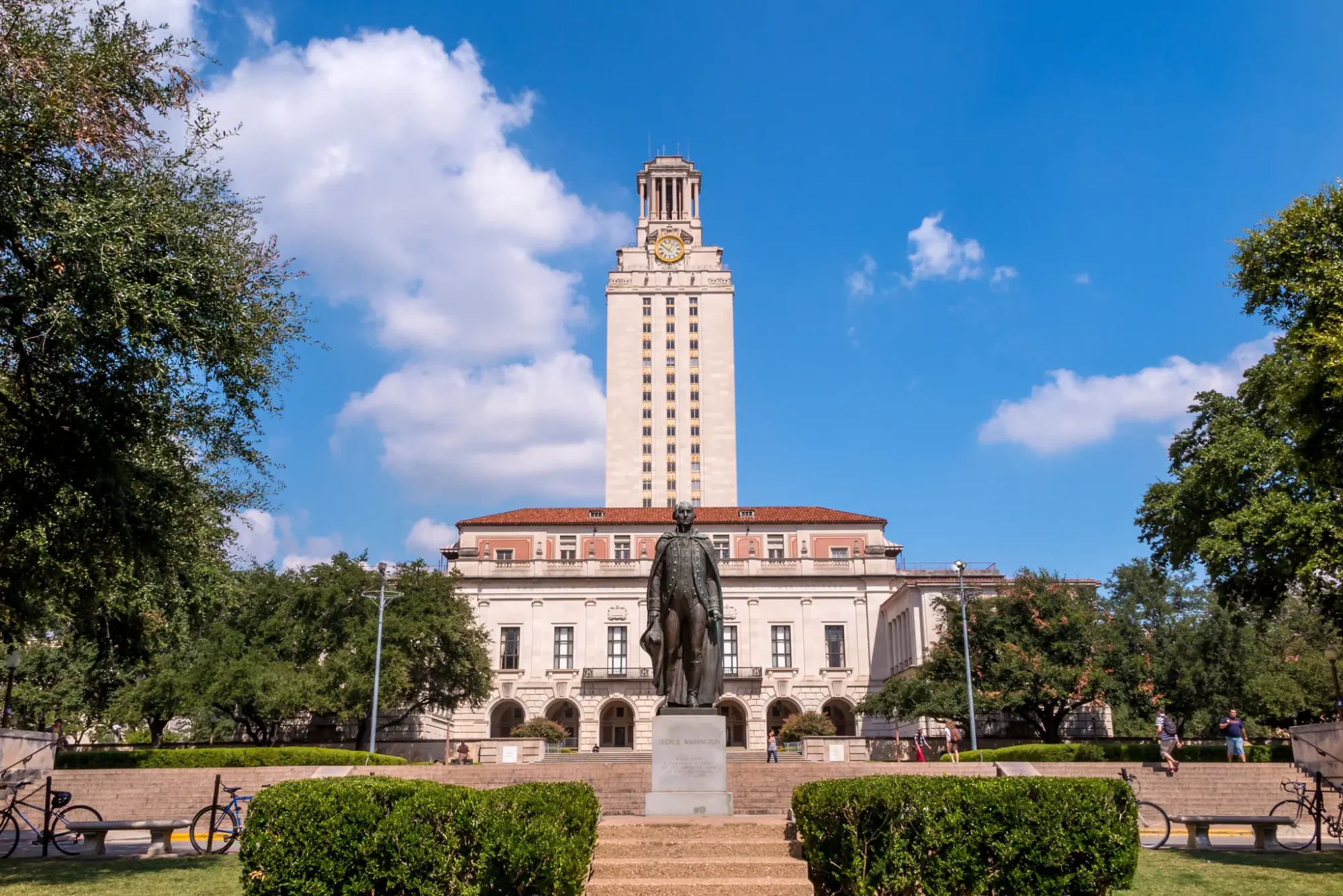More than three months after a law banning diversity, equity, and inclusion in higher education went into effect, the University of Texas at Dallas has announced it will officially be eliminating around 20 positions.
According to a recent announcement from the university, they will be closing the Office of Campus Resources and Support to comply with state law.
“As a result, effective April 30, 2024, the Office of Campus Resources and Support (OCRS) and approximately 20 associated jobs will be eliminated,” UTD President Dr. Richard C. Benson announced in a letter.
Benson added that all employees being affected will be able to apply for other open positions on campus and directed hiring managers to give “these experienced and talented individuals careful review when making their hiring decisions.”
The elimination of these positions at UTD follows the University of Texas laying off dozens of employees working in DEI positions.
Texas Scorecard reported that UT is closing its diversity, equity, and inclusion office and reallocating its funding toward “teaching and research.”
According to the Austin American-Statesman, a person with knowledge of the layoffs said that 60 positions related to DEI work were eliminated on campus. However, that does not mean that 60 people were fired, as some of the jobs were dual roles for the employees.
During the 88th Regular Legislative Session, Republican State Sen. Brandon Creighton of Conroe filed Senate Bill 17, which effectively prohibits Texas universities from hiring employees to “perform the duties” of a DEI (Diversity, Equity, and Inclusion) office and is supposed to block any promotion of policies, training, or activities “designed or implemented in reference to race, color, or ethnicity.” It went into effect on January 1, 2024.
As a result, many universities have been scrambling to close their DEI offices and place employees in other departments.
Texas Scorecard has also reported on an undercover investigation that showed multiple university officials saying they will continue DEI work under new names.
However, Creighton has maintained that Texas colleges and universities that fail to adhere to the new state law may be at risk of funding clawbacks.
In response to UTD’s move to eliminate more than 20 DEI positions, Creighton told Texas Scorecard that “the Texas Senate Committee on Education fully expects all public colleges and universities to comply with state law.”
“The recent actions by the University of Texas at Dallas demonstrate that they are taking steps to ensure compliance with SB 17—the strongest ban on DEI in the nation. While any decision to release staff members is a difficult one, the efficiencies gained, and reinvestment into recruiting a diverse blend of students and professors, based upon merit, are of the highest priority,” said Creighton.
“DEI has produced less diversity, divided students, and mandated political loyalty oaths before anyone gets an interview. It’s been a failed experiment that threatens free speech and is a drag on research and innovation at many of our best colleges and universities. Now that we are in a new era, Texas taxpayer funded higher education can return to a merit based framework that will better serve their students and faculty,” he added.
No ads. No paywalls. No government grants. No corporate masters.
Just real news for real Texans.
Support Texas Scorecard to keep it that way!





